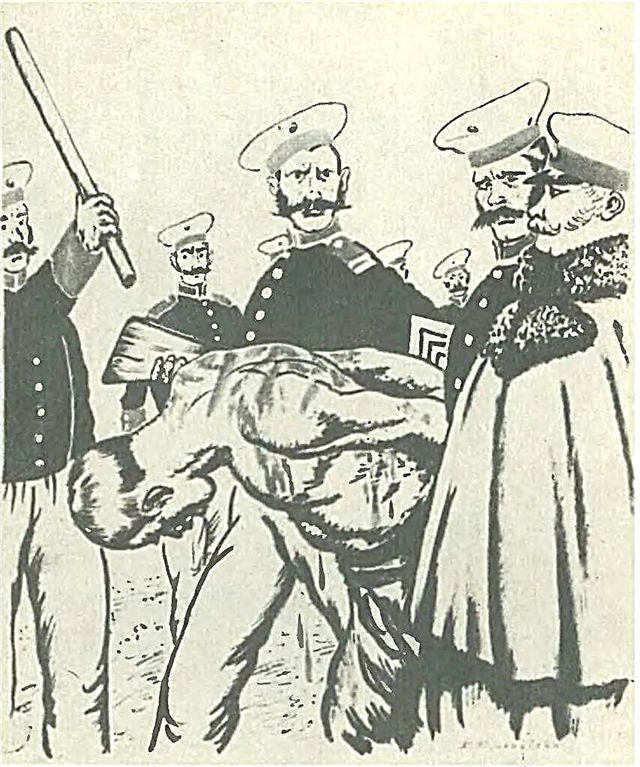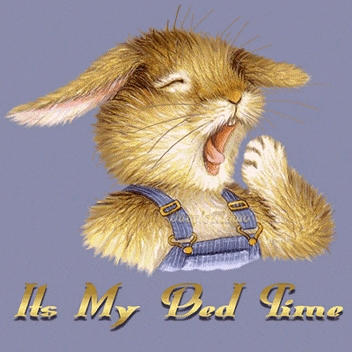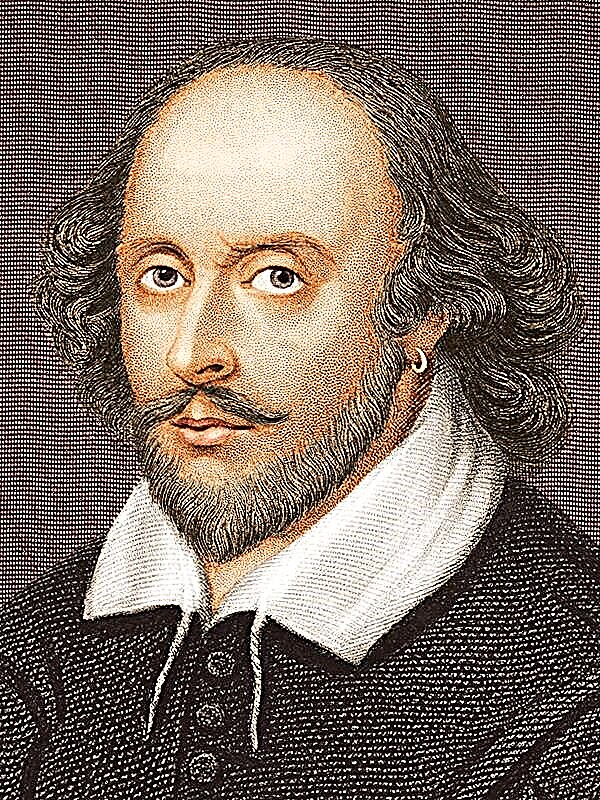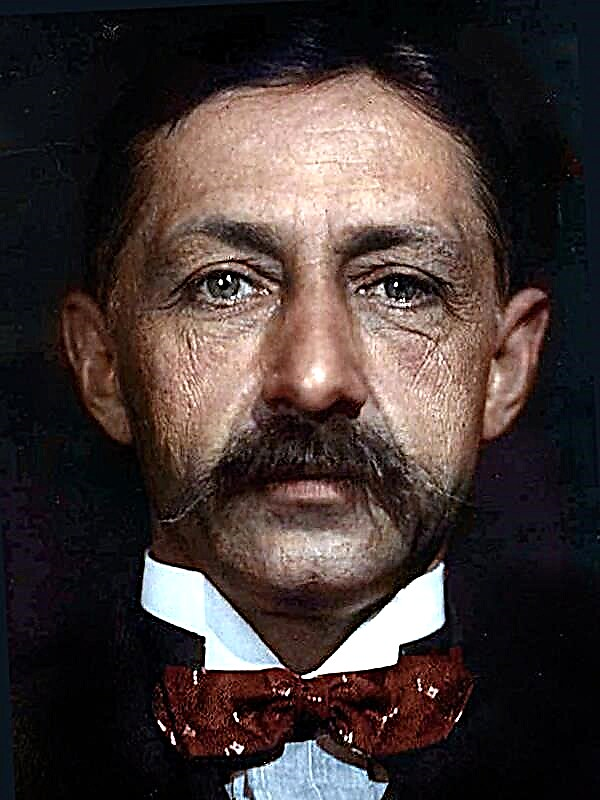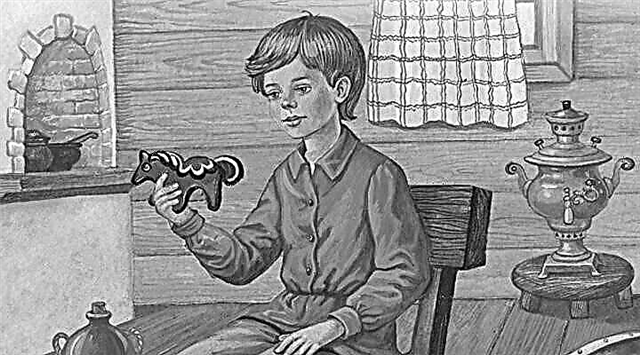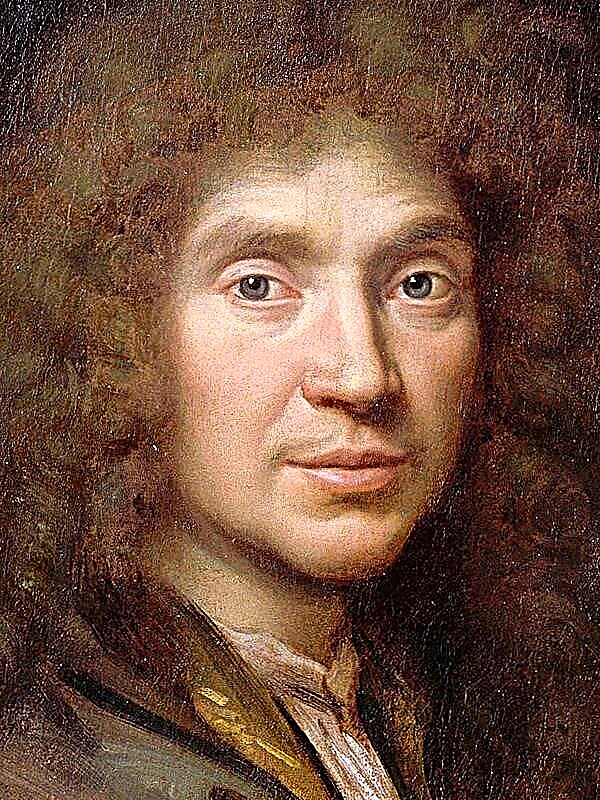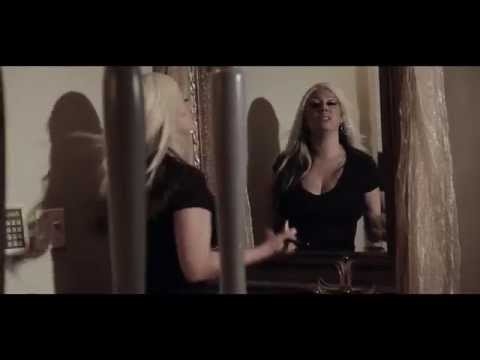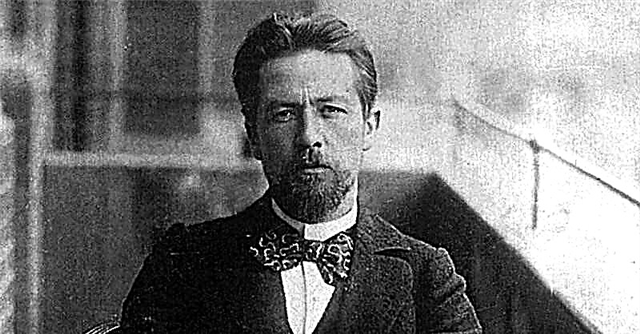The poet Boris Pasternak described the essence of art, designating it like this: "The purpose of creativity is dedication." By this, he wanted to say that the creator is not a showman or entrepreneur, but one who sacrifices himself on the altar of art and does not require anything in return. The author gives all of himself to realize the message sent to him from above.
To confirm my point of view, I will give examples. The hero of the work of N. Leskov “Lefty” wanted to create a miracle for the good of his country. He spared no effort, worked days and nights, until he savvy a flea. The purposefulness of this person is expressed even in his appearance: during training, all the hair of the Tula master was torn out. But this did not stop the student on the path to perfecting his gift. And then his phenomenal skills came in handy for the fatherland: an order came from the king himself. And the hero managed to surprise the foreigners with the result. The British discerned an amazing talent in the master and even invited him to him, giving everything possible so that the Lefty would remain with them. He achieved all this thanks to patience, zeal and devotion to his work, and most importantly - dedication on the way to a dream. Although he was not accepted at home, he created a legendary masterpiece that became a symbol of the giftedness of the Russian people.
In the story N.V. Gogol's “Portrait” is a poor but gifted painter Chartkov buying a magical portrait, which shows a loan shark. At night, he has a dream where the hero from the picture gives him a loan. The next morning, the artist finds a large amount of money in the lining. First, he wants to buy paints, brushes and lock himself in anticipation of inspiration, but then the power of coins attracts him to a luxurious life. Gradually, he begins to waste his gift for nothing, agreeing to paint the same type of craft portraits for a large reward. Gradually, he comes to the fact that he becomes a fashionable painter, but a completely mediocre creator. At the exhibition, he sees a talented picture of a familiar master and realizes that then, taking the money, he made a monstrous deal. Since then, in a rage, he has bought up skillful works and destroyed them, but the lost gift does not return to him. The thing is that Chartkov forgot the true purpose of art. Together, he began to take more and more from creativity himself. He began to paint only for the sake of success, this was the reason for his fall.
Thus, I agree with B. Pasternak: the goal of creativity is to devote myself and my gift to people, beauty, art, and not hoarding, money-grubbing and greed. A true artist is poor and honest with the world to which he gives his achievements.


